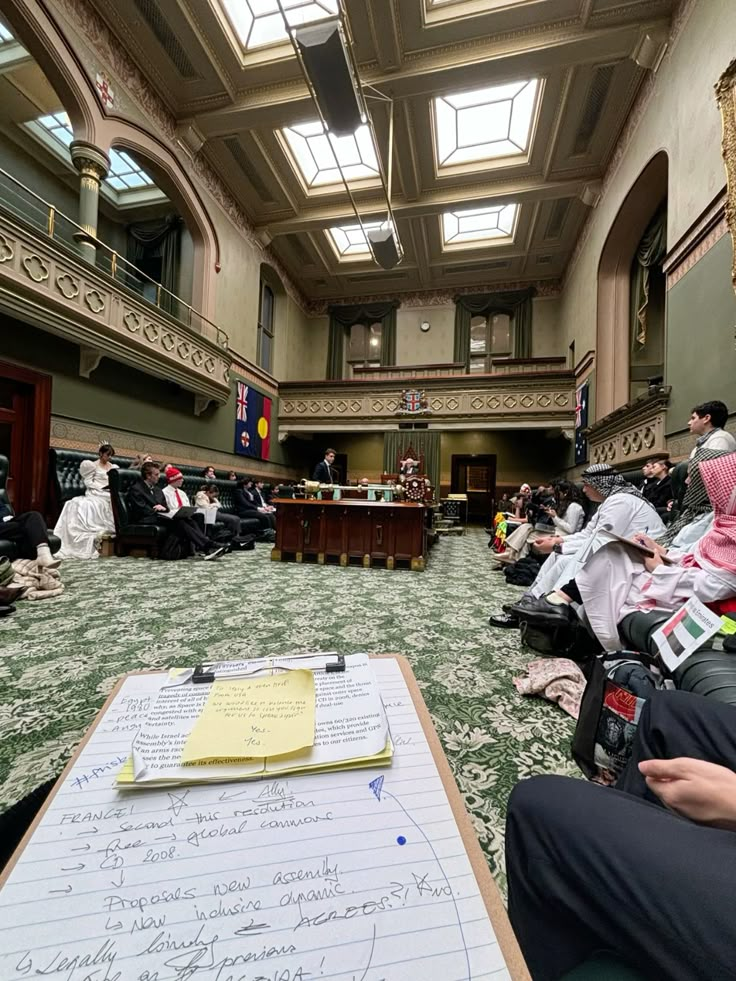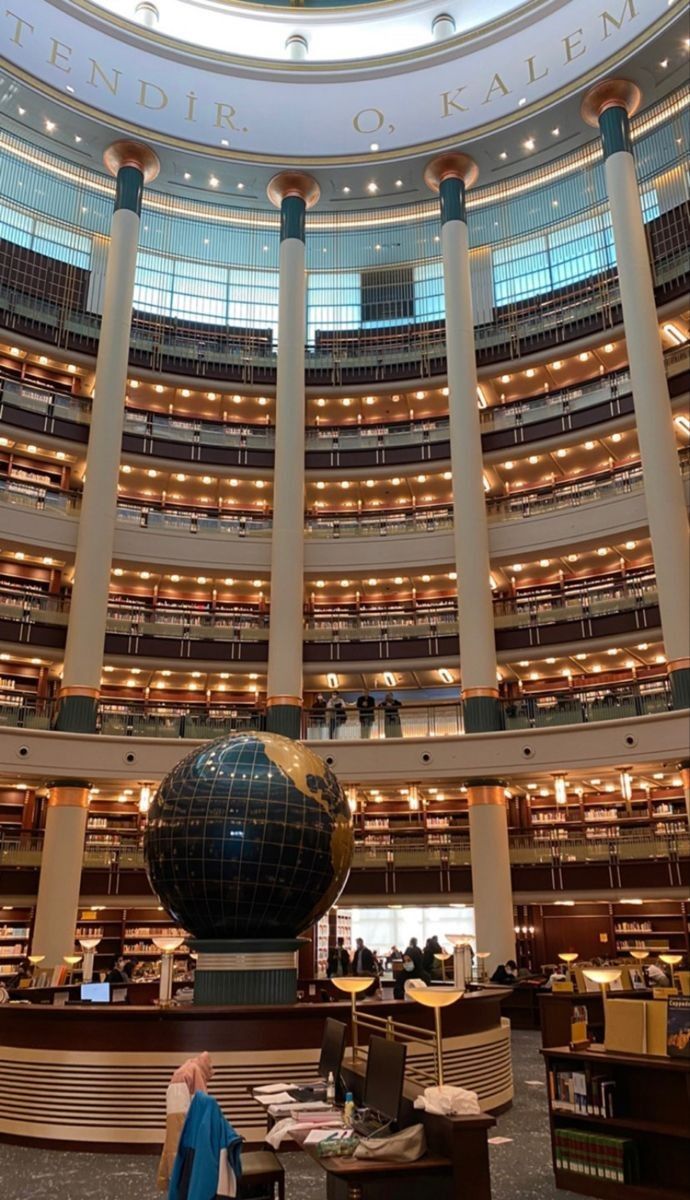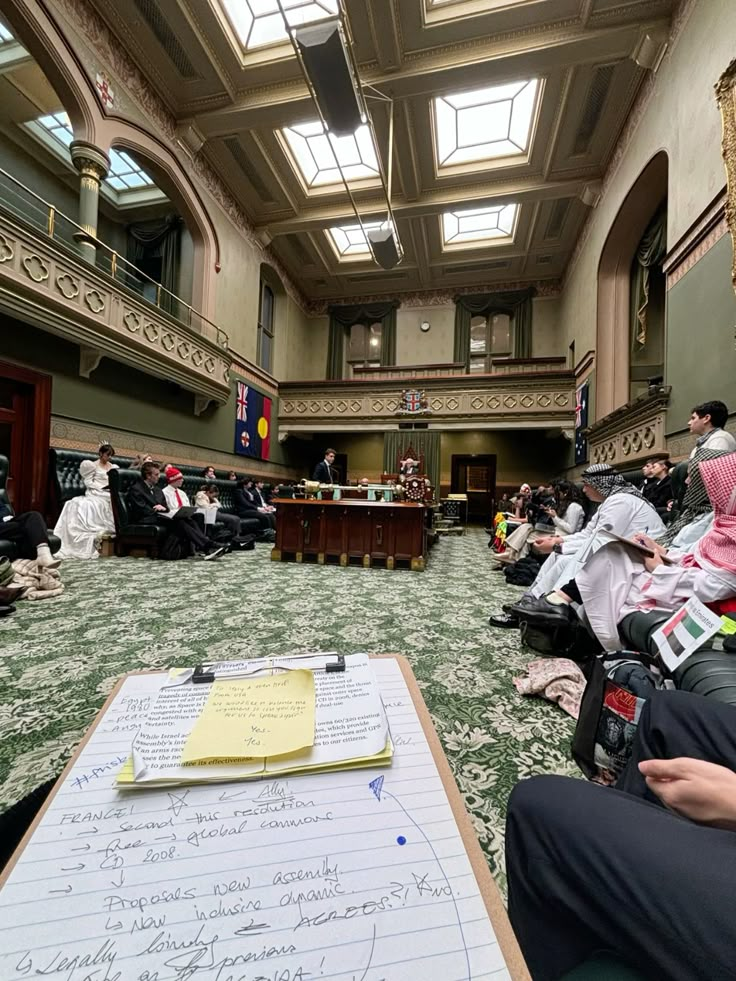Politics without Politics: A Critical Analysis

- Repoter 11
- 04 Mar, 2025
The idea of "Politics without Politics" challenges traditional views about political engagement and governance. It suggests a form of societal organization where political authority is minimized, and governance operates through spontaneous order rather than through direct control or domination. This concept often emphasizes reducing the role of formal institutions, replacing top-down decisions with decentralized processes driven by voluntary cooperation and shared norms. In such a system, rules are not imposed by a ruling elite but emerge naturally from social interaction. Law and order are maintained without coercive political structures; instead, they develop through common practices and mutual agreements among individuals. This approach sees the political process not as a tool for imposing collective will but as a framework that enables diverse individuals to coexist peacefully and productively. One of the main advantages of "Politics without Politics" is its potential to prevent the concentration of power. Traditional politics often risks becoming dominated by special interests and elite groups. A decentralized system, in contrast, disperses authority and limits the ability of any one group to control others. It fosters a society where individual autonomy and community cooperation flourish side by side. However, critics argue that some level of formal political organization is necessary to ensure justice, protect rights, and manage conflicts. Without structured mechanisms for resolving disputes, a society might fall into disorder or leave weaker members vulnerable. Thus, while the ideal of "Politics without Politics" offers a vision of freedom and mutual respect, its practical implementation raises difficult questions about stability and fairness. In conclusion, "Politics without Politics" presents an inspiring but challenging model for social organization. It envisions a world where political control is replaced by voluntary association and self-regulation. Yet, achieving such a balance between freedom and order remains one of the most profound dilemmas in political thought.
Leave a Reply
Your email address will not be published. Required fields are marked *




